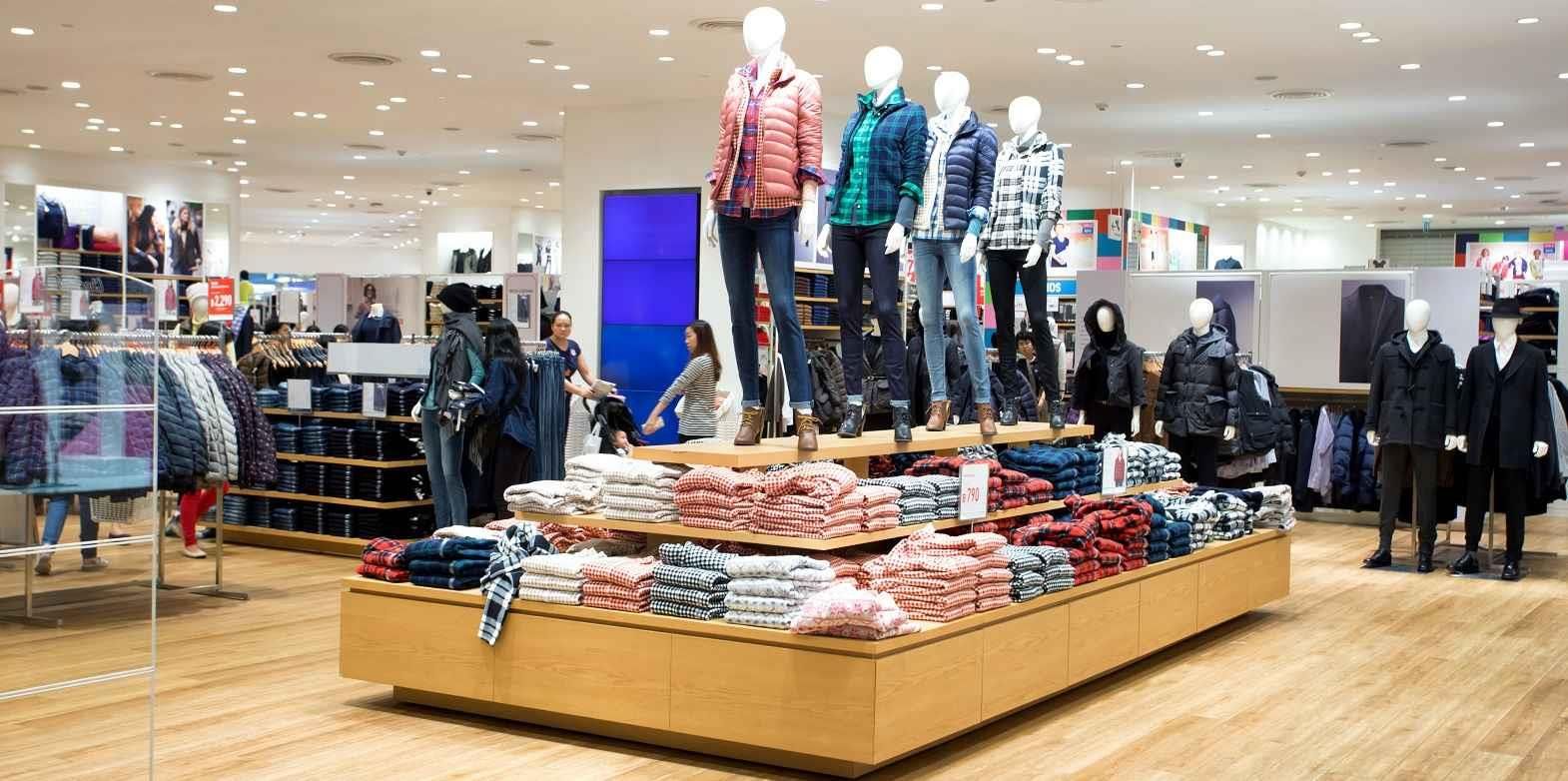Source: Economic Times
With the economy on revival path, Indian retail majors are once again in experimentation mode. And this time it's destination shopping. An extremely successful format in the West, destination shopping stores are set up on the outskirts of the city and positioned as weekend shopping getaways.
For starters, Gitanjali Lifestyle - the retail arm of the Rs5,000-crore branded jewellery major Gitanjali Group - is planning to set up two such stores. While it has already acquired space in Rajarhat near Kolkata, it is evaluating a SEZ project near the Hyderabad airport for the second outlet.
Customers planning a trip to destination shopping spend a number of hours entertaining themselves with a number of things, rather than just purchasing goods.
Cabelas, the world's leading retailer of outdoors merchandise, has destination shopping outlets in the US. The concept of destination shopping is really big in the US, Europe and Australia. The potential is emerging in India as well, since the concept of second homes where people spend their weekend is catching up in cities like Delhi, Bangalore, Mumbai and Hyderabad. The destination format can make good business if they are set up near such locations, said Gitanjali Lifestyle president Sadanand Pawar.
India's largest retailer, Future Group, too is testing the waters for destination stores in India. Its home-making format, Home Town, store in Rajarhat near Kolkata is positioned as a destination store. Says Future Group director (customer) Damodar Mall: The response has been quite good for the Home Town store in Rajarhat. We will set up such destination stores wherever we find such opportunities. But the location and merchandise needs to be carefully selected as all categories of consumers in India may not be ready to travel 50 kms for shopping.
Retailers Association of India CEO Kumar Rajagopalan too feels the Indian model needs to be different as all families here may not have cars, nor is the public transport system that good. What we need for destination shopping to click is to either create a category-killer where every speciality item is under one roof, or else something which provides exceptional value, so that customers feel it's worth going that distance.
Mr Rajagopalan added: Nevertheless, retailers have been experimenting with this format, like Pune's Ishanya Mall. Even when Mumbai's Inorbit Mall was set up in Malad, shoppers drove in from as far as Andheri. Many retailers may be projecting their stores/malls as a destination shopping zone.
Analysts too are betting on the future potential of this format in India. Retailers and mall developers who have land in the outskirts are currently marketing them as destination shopping, said realty consultant Lemongrass Advisors MD Abhijit Das.
Originally published in Economic Times dated: 30 Dec 2009










Comments